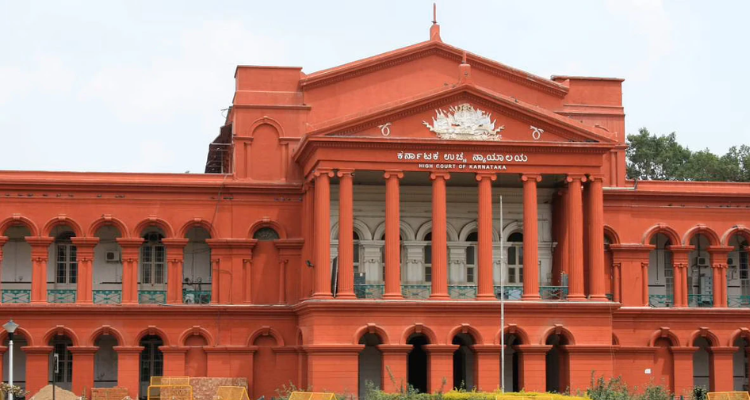
The Karnataka High Court quashed the charges of abetment to suicide that were leveled against the petitioner, stating that mere utterance of the words ‘go and hang yourself’ doesn’t amount to charges mentioned under Section 306 of the Indian Penal Code.
The facts of the case
The petitioner had confronted the junior priest regarding the alleged illicit relations between him and the petitioner’s wife. The petitioner had threatened and hurled abuses at the junior priest on a phone call, threatened that he’d tell everyone about this affair, and, in a fit of rage, asked him to “go and hang yourself’.
The First Information Report (FIR) claimed that the priest had taken his own life following a discussion with the accused, during which the accused allegedly urged the priest to “commit suicide” due to his alleged relationship with the accused’s wife.
Court’s Ruling
The court ruled that the petitioner said those words out of agony when he said “go and hang yourself” and that the junior priest ended his life after releasing that someone else had come to know about his illicit relationship.
The court highlighted that according to IPC Section 107, which deals with abetment, if the accused deliberately assists in any action against the victim that fulfills the criteria of Section 306 (abetment to suicide), then it is applicable.
Since the petitioner didn’t intend upon his words and the words “go and hang yourself” were said only out of frustration and agony, the petitioner cannot be tried on the grounds of abetment to suicide.
Justice Nagaprasanna stated that considering all the facts, the complaint, and the summary of the charge sheet in accordance with the principles set by the Apex Court, it is clear that the petitioner, who is the sole accused and the husband of the woman with whom the deceased Father had a certain relationship, expressing anger and telling the Father to “go and hang yourself” does not necessarily fulfill the requirements of Section 107 of the IPC to constitute an offense under Section 306 of the IPC for abetment to suicide. The court added that the reasons for the father’s suicide could be numerous, one of which might be his illicit relationship with the petitioner’s wife, despite being a father and a priest of a church. The court emphasized that understanding the human mind is complex and unraveling its mysteries is an impossible task.
Read More: Supreme Court, Delhi High Court, States High Court, Other Courts, International




